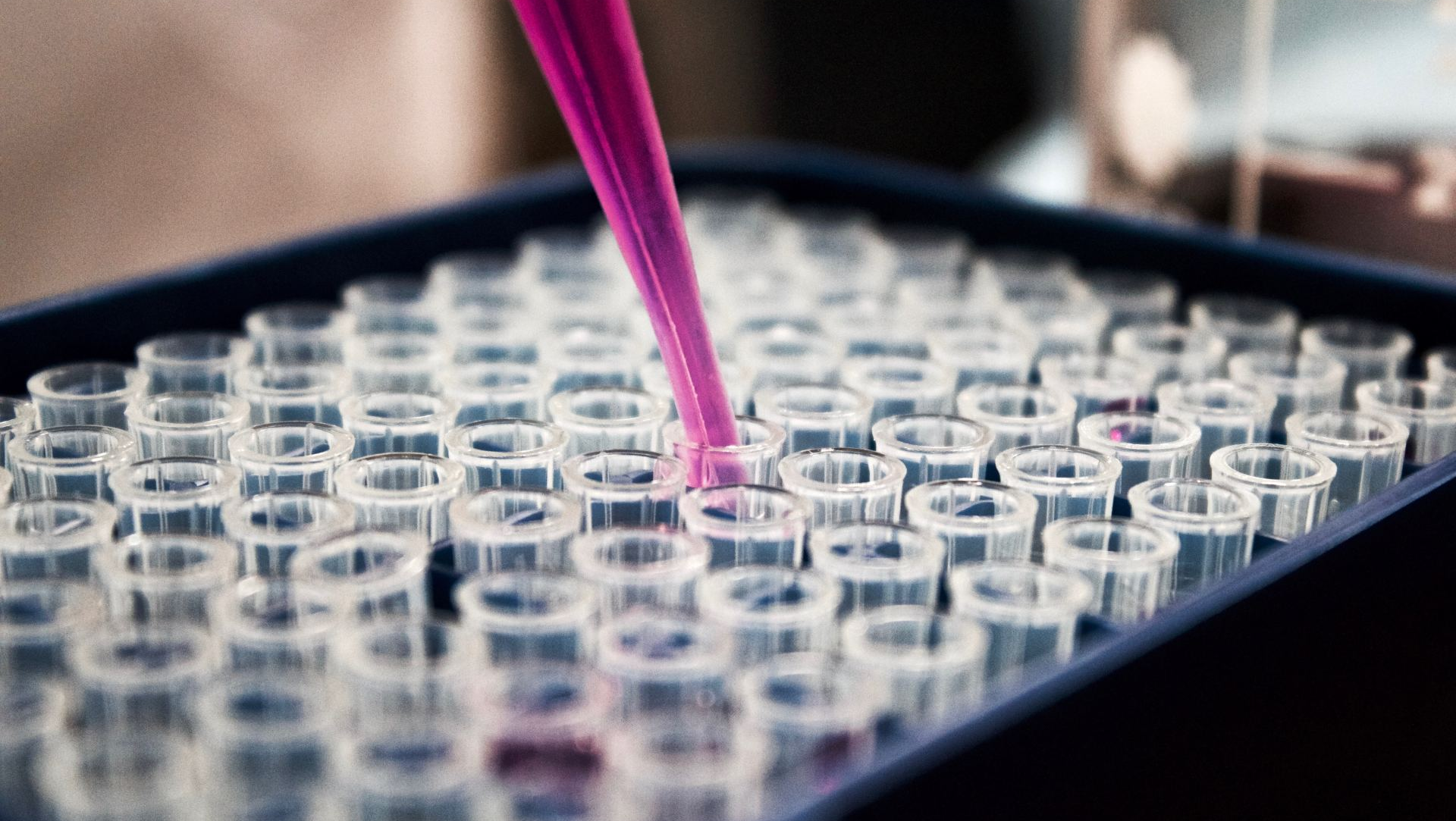
The Denver Department of Public Health and Environment (DDPHE) is carrying out an assessment that is intended to evaluate contaminants in products on the shelves of licensed retailers in the city. We submitted questions to Denver officials in the immediate wake of the announcement and received answers to our inquiries.
According to Kara Lavaux, Food and Cannabis Supervisor for the Public Health Investigations Division of DDPHE, “There are currently no contaminant testing requirements for end products on retail shelves. This assessment is an exploratory effort to understand if there are contaminant concerns at the point of product sale.” She continued, “The goal of the assessment is to create a baseline understanding for contamination of consumer end products.”
The previous answers were in response to inquiries as to whether the assessment was prompted by any specific events, observations, or complaints, a question that was not addressed directly in the reply quoted above.
Lavaux also clarified and provided additional details on other aspects of the assessment. According to Lavaux, the pesticide testing to be undertaken as part of the assessment will screen only for the 13 chemicals that are part of the state’s required testing. She also stated, “The laboratory testing results will be evaluated on a case by case basis and could trigger an enforcement action.”
Unless such a scenario takes place, however, it appears that the products and their manufacturers that will undergo testing as part of the assessment will remain anonymous. In response to the question of whether specific companies that have their products tested will be named publicly, Lavaux responded, “We do not have plans to proactively share this info.” She added that the results of the assessment will be presented anonymously in a broad report. Finally, the lab that is performing the screenings will not be named until the assessment is complete.
At this point, it is uncertain what, if any impact that this assessment will have on Colorado’s cannabis market until results are publicized. As alluded to above, required pesticide testing was implemented in August 2018 and did not impact available supply or wholesale pricing. Data from the state Marijuana Enforcement Division (MED) shows that 98.9% of batches of flower and trim screened for the 13 pesticides specified in Colorado’s rules passed muster from August 2018 through the end of the year. This suggests that unless batches of product are widely escaping mandated screenings, it is unlikely that numerous positive tests for pesticide residues will crop up during DDPHE’s assessment.
However, the assessment also includes testing products for total yeast and mold. Statewide last year, roughly 15% of all batches of flower and trim failed tests for microbial contamination, the highest failure rate of any testing category. In 2018, 99.9% of batches of edibles tested for microbial contamination cleared screenings, while 98.6% of concentrates did so. Still, it is possible that post-testing storage or packaging issues could result in the development of yeast or mold in edibles and concentrates, which is presumably something that DDPHE is investigating with its assessment. At this point it is unknown when the results will be published, Lavaux said.